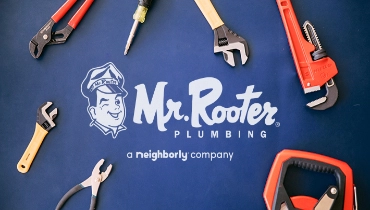Plumbing maintenance at home is essential to the overall health of your personal system. Well-maintained appliances like toilets, showers, kitchen sinks, and washers are appliances that will last for years to come
Learn moreOur San Diego County Plumbing Blog
Shared Resources for Your Home Needs
All Blogs
If you’re experiencing issues at home, you need the assistance of a residential plumber. From leaking toilets to burst sewer mains,
Learn moreTypically, San Diego plumbing repairs are best left to the professionals. This is because tackling a job at home with DIY techniques could pose several safety hazards.
Learn moreWhile it might not be the first thing on your daily “to-do” list, protecting your home or business’s plumbing system is vital.
Learn moreBlog Categories
Let Us Call You
Blog Categories
About Mr. Rooter Plumbing

Since the original Mr. Rooter was founded in 1970, the company has remained committed to a set of core values that are rooted in performing quality work at honest prices. Nearly half a century later, the original Mr. Rooter business is still servicing homes and businesses in and around Oklahoma City. It’s still independently owned and operated with strong ties to the community that made it all possible.
